Blog/News

SERCAP’s Housing Department recently completed all construction for, and is preparing close-out, its Housing Rehabilitation Services for the long-term Community Development Block Grant (CDBG) Project in the Town of Dillwyn in Buckingham County, Virginia. Back in the Spring of 2018, SERCAP’s Housing Department was awarded the Rehabilitation Specialist Services Contract for the Town of Dillwyn Rehabilitation Project, a CDBG Construction Improvement Grant (CIG) project in Buckingham County...
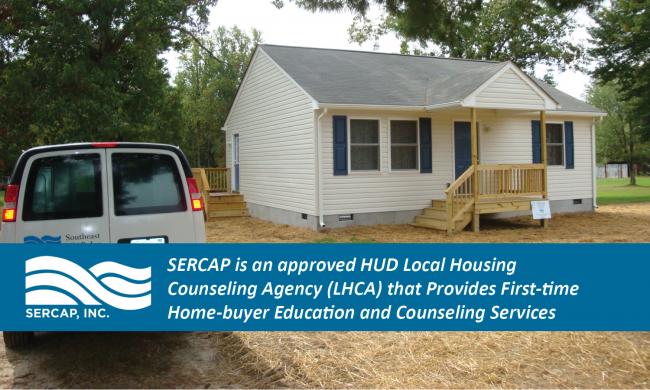
Over the past 15 months, despite the challenges of the COVID-19 pandemic, SERCAP’s Housing Counseling Program has continued to provide quality one-on-one counseling and group education services to the community by adapting its service delivery model to embrace technology and utilize web-based workshop and training software...
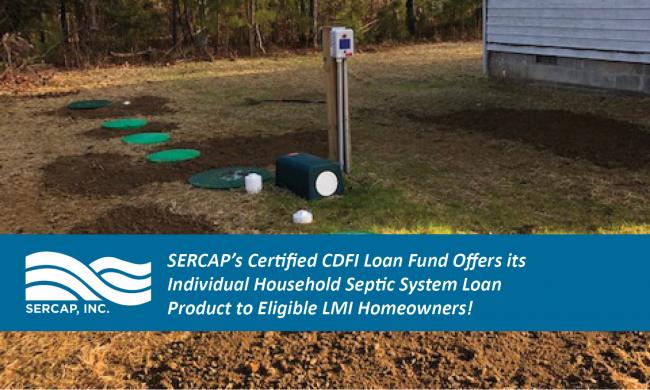
Since 2012, SERCAP’s Certified CDFI (Community Development Financial Institution) Loan Fund has offered an Individual Household Septic Loan Product to low-to-moderate income (LMI) homeowners across the Commonwealth of Virginia, in order to repair or replace damaged and/or failing septic systems...
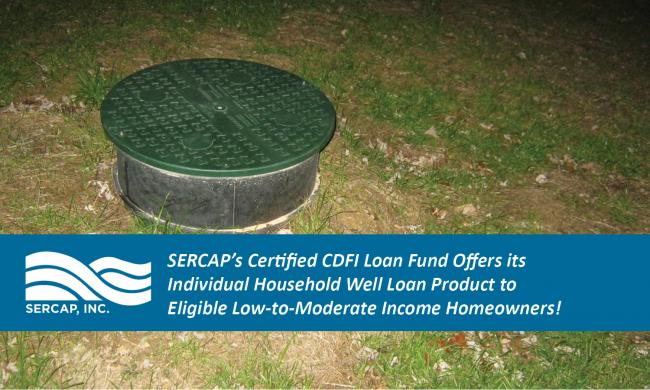
Currently, SERCAP’s Certified CDFI (Community Development Financial Institution) Loan Fund is assisting a low-income couple in Scott County, VA, to have a new well drilled at their home. The couple has been getting their water from a shared spring, however the spring cannot support the demand for water usage from every household to which it is currently connected. The couple realized that their best course of action would be to drill their own individual household well, but due to their low-income status, they would not be able to afford the cost of drilling a new well on their own, without causing serious financial hardship...
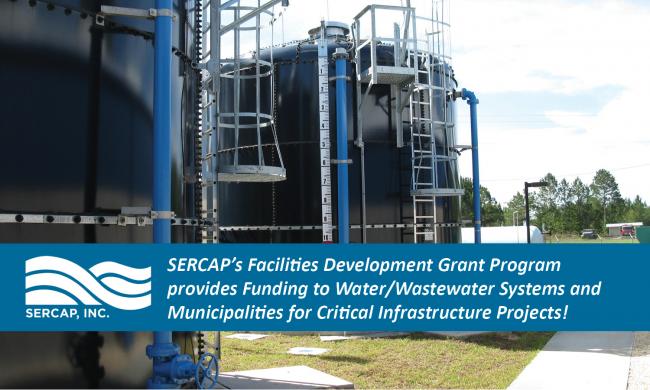
Currently, SERCAP’s Regional Department is assisting the Town of Haysi in Dickinson County, VA, through the provision of a Facilities Development Grant. The Town of Haysi is a small, low-income, rural town in far Southwest Virginia with a population of only 596 residents and a Median Household Income (MHI) of $13,859 per year. Due to its small population and low-income status, the Town receives its water service and some wastewater services from the Dickinson County Public Service Authority (DCPSA)...

This summer, SERCAP is preparing to launch its new SERCAP ELI Program across the Commonwealth of Virginia, in partnership with the Entrepreneurial Learning Initiative (ELI). The SERCAP ELI Program is an intensive development training program that provides participants with intensive coursework geared towards developing an Entrepreneurial Mindset...

Recently, SERCAP’s Housing Department assisted a low-income, elderly woman living in Rockbridge County, VA, to have a new septic system installed at her home. The client has lived in her home for over 50 years, but recently began experiencing difficulty with her septic system. As it turned out, her septic system had failed, and she was in need of having a new individual household septic system installed at her home...
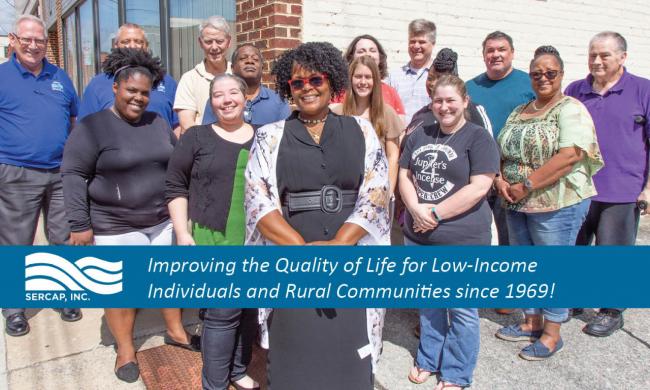
SERCAP recently assisted the Town of Monterey, VA, by providing a small grant in the amount of $1,172.00 to the Town, from the agency’s Water Is Life! Fund. Just last month, April 2021, SERCAP’s Regional Department received a request from the Town of Monterey for assistance in relieving some of the negative financial impact to the Town’s water system from $4,148.82 in delinquent water bills from 11 customer accounts...

Recently, SERCAP’s Housing Department assisted a low-income family of five (5) living in Albemarle County, VA, to complete a significant rehabilitation of their home. The family has lived in the home since 2014, and recently began experiencing difficulty with their septic system, which turned out to be a failed septic system. Therefore, the family was in need of a new individual household septic system, however, due to their low-income status they were unable to afford the cost of replacing the failed septic system, without suffering significant financial hardship...
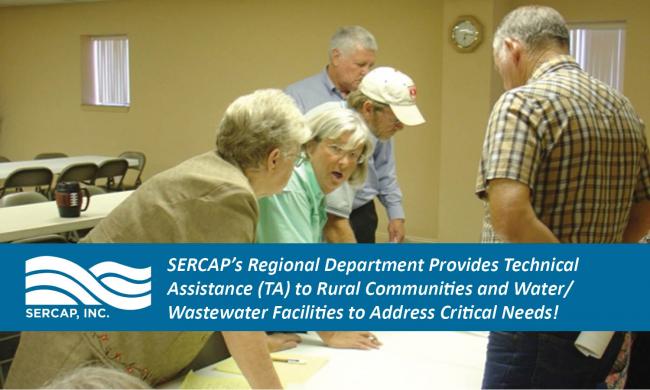
Every year, Community Water Systems across the Commonwealth of Virginia are required to complete and distribute an Annual Water Quality Report, or Consumer Confidence Report (CCR), which provides utility customers with information about their drinking water. The federally mandated reports contain information, including: 1) source of the utility’s water, and the type of treatment it receives, if any, 2) results of all required chemical analysis, including lead and copper results, and an explanation of them, including their probable sources and potential health effects, if any, 3) violations, if any, of state or federal waterworks regulations, and what has been done to address them, 4) reporting of any unregulated contaminant monitoring, 5) a cross-connection control survey, 6) information regarding source water protections and tips for conserving water, and 7) contact information for the system’s owner/operator...
